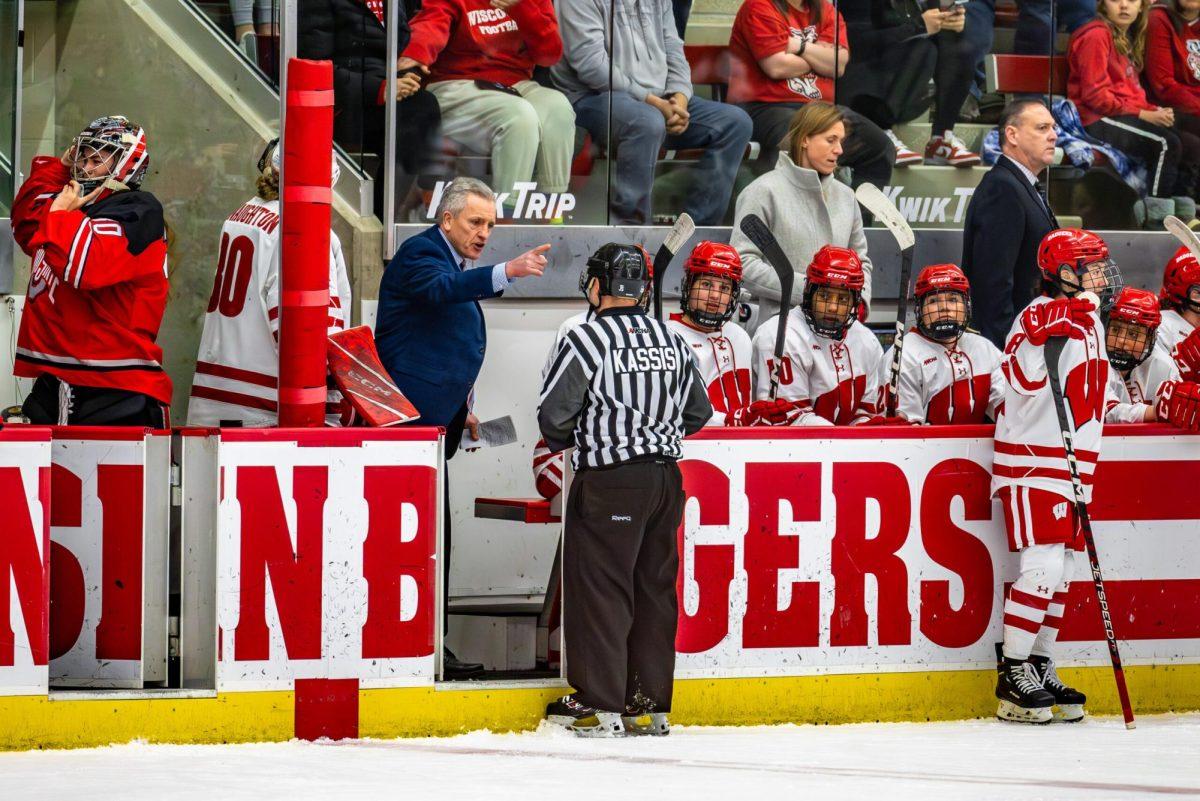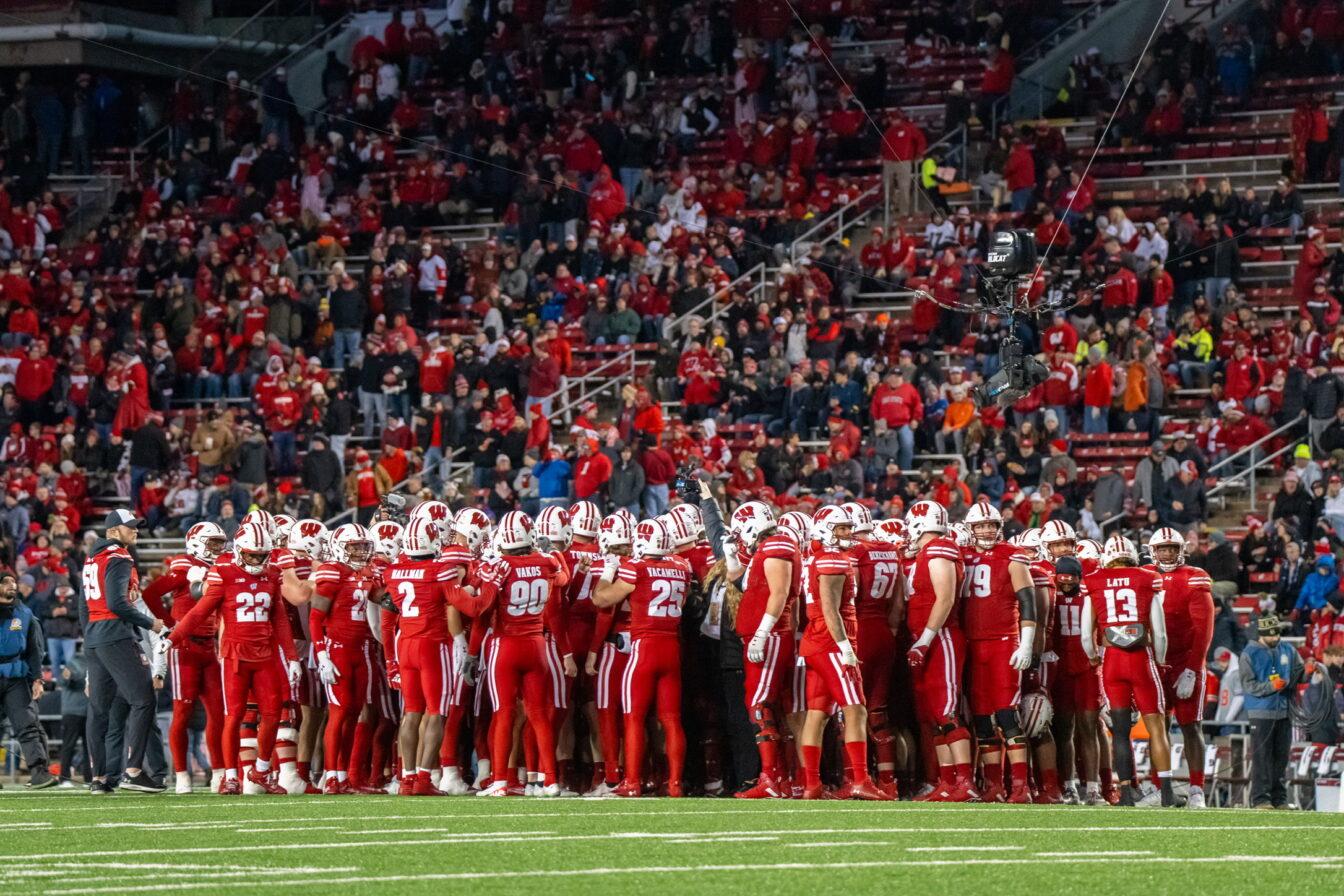The Big Ten will become the first college football conference in the nation to experiment with video replay in 2004. In each of 44 conference games and in 12 of 16 non-conference home games — including Wisconsin’s early-season home games against Central Florida and UNLV — a system similar to that used by the NFL will be employed to make sure the conference’s officiating remains on the cutting-edge.
The NCAA Football Rules Committee gave the Big Ten permission to test the system for one season. Other conferences throughout the nation are said to be interested in the results. The overall cost shouldn’t come to much more than $100,000, depending on how many games will have television crews already on hand.
Dave Parry, of the Big Ten, said that the model for video replay is “unique and good for college football.”
The main difference between the system that the conference will use and the professional system that it is loosely based upon will be the process for determining which plays are reviewed. In the NFL, coaches call for plays to be reviewed by throwing a flag after the play. In the Big Ten, an official (named the Technical Advisor) in a special booth will trigger replays.
The variation means that no timeouts will be charged to teams that call for replays erroneously. Parry said that coaches in the conference had voted unanimously against that responsibility.
Additionally, the Big Ten’s video-replay system will not allow the status of the game clock to be reviewable.
Plays that will be reviewable are those governed by the sideline, goal line, end zone and end line (i.e. questions involving “breaking the plane” and a player being out of bounds), passing plays (i.e. questions involving forward passes versus fumbles and the quarterback being past the line of scrimmage) and detectable infractions (i.e. questions involving the number of players on the field, whether a kick is touched, runners ruled down by defensive contact and forward progress with regard to a first down).
So-called “hard fouls” will not be reviewable, meaning that penalties such as off-sides, holding, pass interference, false starts and illegal blocks remain solely at the discretion of on-field referees.
The standard for review will be “indisputable video evidence,” which Parry further qualified as “clear” and “obvious” evidence that a call was incorrect. If there is any question or doubt at all of whether a call was correct, the on-field judgment will stand.
Networks covering the game will provide video for the Technical Advisor. On the rare occasion that a game is not televised, the Big Ten will provide a camera crew.
Parry said that officials were fully in support of the addition as a valuable means of raising the bar on officiating.
“At the end of the day … you want to know that you got the play right,” Parry said.
He added that, in spite of speculation that Penn State coach Joe Paterno’s recent vocal criticism of Big Ten officiating played some part in the changes, the experiment is in no way a negative reflection on Big Ten referees.
“[We’re] just hoping to stay off the 10 [p.m.] news,” Parry joked.
One concern for many fans is the additional time that will be required for reviews. In the NFL, reviews take more than three minutes on average. Parry says the Big Ten will look to improve on that time and hope to have reviews sorted out in less than a minute.
The Big Ten conducted a study of games during the 2003 season to judge whether replay would be useful. The conference found that in just fewer than two-thirds of televised games last season, video replay would have been employed. About half of the replays that would have taken place would have resulted in overturned calls. Out of 10,800 plays in 2003, the conference found that eight to 12 that could have been overturned might have had significant effects on the game.













